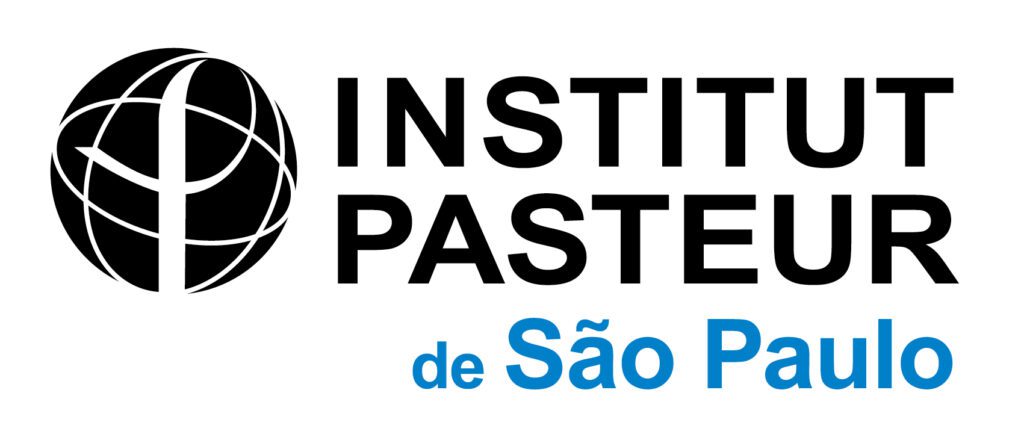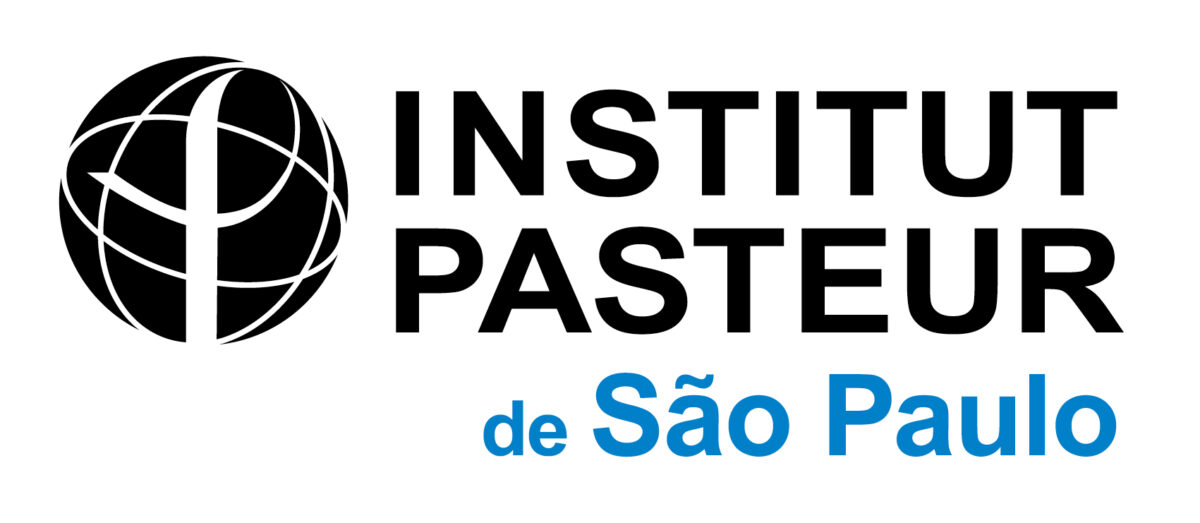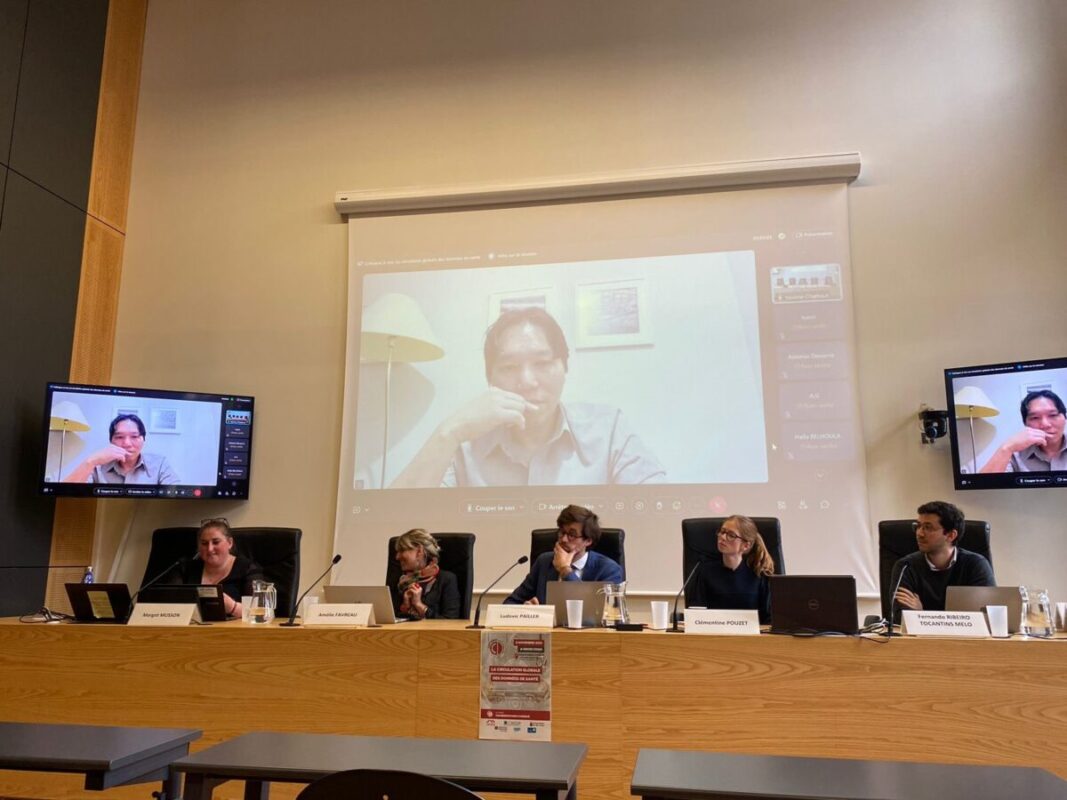The event brought together experts in law, health, and artificial intelligence to discuss the advances and challenges in secure health data sharing, exploring how this exchange can benefit medicine and public health while protecting individual privacy in global contexts.
Patrícia Beltrão Braga and Helder Nakaya, researchers from the Institut Pasteur in São Paulo, attended the Jean Moulin Lyon 3 University in France, representing Brazil at a prominent conference on the global circulation of health data. Held on November 6, the event gathered professionals from diverse fields—law, artificial intelligence, healthcare, and mathematics—to discuss the advancements and challenges of securely sharing health data across borders.
This project is part of the USP-COFECUB Program, a partnership between the University of São Paulo (USP) and the Comité Français d’Évaluation de la Coopération Universitaire avec le Brésil (COFECUB).
Patrícia Beltrão Braga, project leader on the Brazilian side, was accompanied by her student, Fernando Ribeiro Tocantins Melo. Helder Nakaya joined the event via videoconference. On the French side, the project leader is Ludovic Pailler, a professor of private law and criminal sciences at the French university.
The event addressed topics such as the benefits and risks of data sharing, including personal data protection and the challenges of anonymization, which does not always guarantee complete privacy. The discussions highlighted how data sharing could accelerate advances in medicine and public health, especially during global crises like the Covid-19 pandemic, while also addressing risks, such as potential misuse by insurance companies.
The project seeks to understand how data circulation could be structured to benefit medical advancement while ensuring individual security and privacy, with a focus on the challenges and limitations of existing platforms and the risks of exposing personal health profiles.



